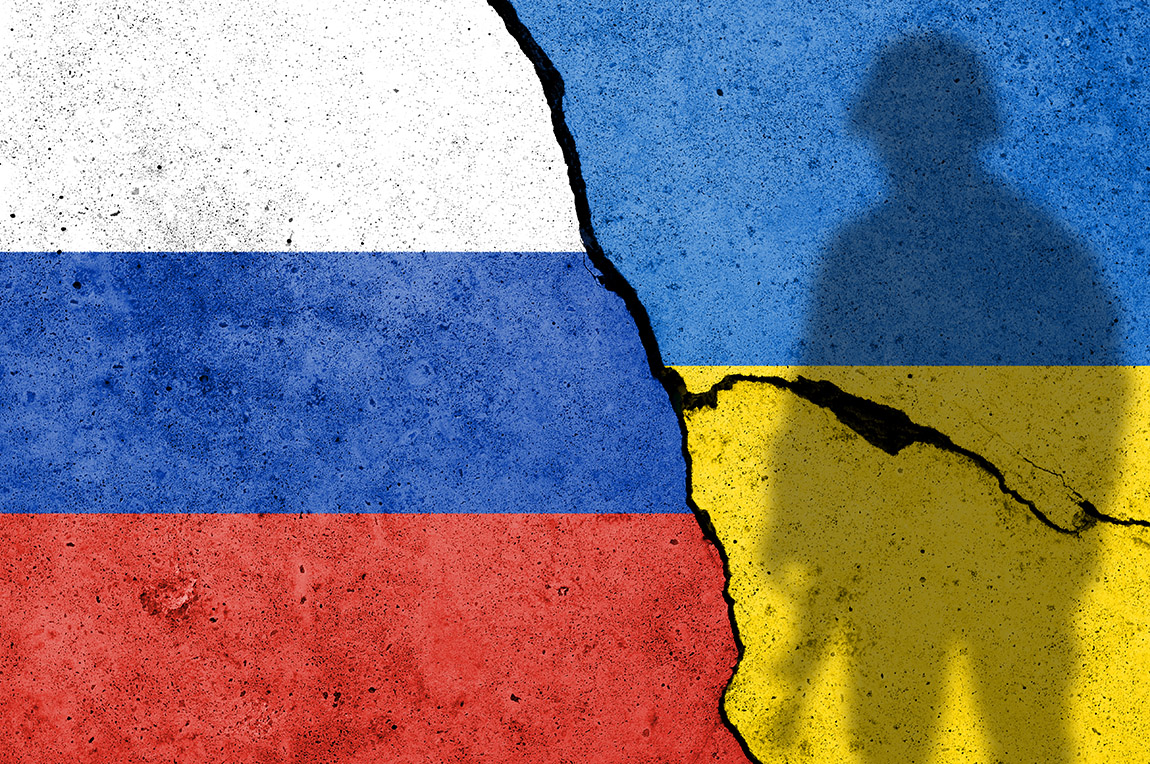Muhlenberg to Host Ukraine-Russia Relations Panel
Professors and a distinguished Muhlenberg alumna will discuss the current political state of affairs in Eastern Europe in a virtual panel.Wednesday, February 23, 2022 01:51 PM
 Illustration by iStock
Illustration by iStockResources and Information on the war in Ukraine
The event, The International Crisis in Ukraine: How and Why it Matters, will take place as a Zoom webinar on Tuesday, March 1, at 7 p.m. The event is sponsored by the Department of Political Science at Muhlenberg College. It is free and open to the public.
Russia's invasion of Ukraine is the largest attack on a democratic nation since World War II. The global consequences are significant. Not only are more than 40 million lives at risk, but Russia's invasion of Ukraine has serious ramifications for European and global security and the international economy. What are the best frameworks for understanding and responding to this crisis? How should we interpret the causes and consequences of this invasion? Could this crisis have been averted? What is the Kremlin’s geostrategic calculus? How can NATO, the European Union, and the United Nations manage this conflict? Is there a special role for the United States? Are diplomacy and sanctions enough to deter Russia from further escalating this conflict?
Lauren Anderson '79 will join the panel to offer her own insight into national and global security. As a former FBI executive with national security expertise, Anderson led counterintelligence and espionage investigations, including those focused on Russia and the former Soviet Union. She currently serves as a non-resident fellow with the Geneva Centre for Security Policy and as an advisor and special skilled role player for the U.S. military.
Faculty panelists include Mohsin Hashim, professor of political science and director of the Russian studies program; Brian Mello, professor of political science and director of the Muhlenberg College Center for Ethics; and Julie Shoults, visiting lecturer in German studies and women’s & gender studies. The panel discussion will be monitored by Lanethea Mathews-Schultz, professor and chair of political science.
